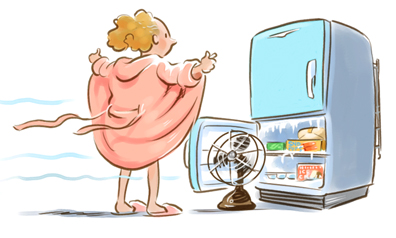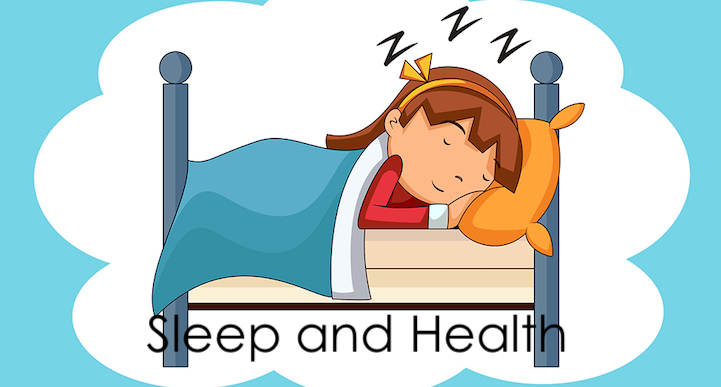Todays post is about Menopause, or is it Perimenopause?
Lately the topic of menopause has been coming up in conversation with several of my friends and work colleagues. Probably because we are all around an age where menopause is starting to affect our lives in some way.
For me personally, the most common symptom of ‘hot flushes’ started about 2 years ago.
They were only occurring every so often at first. I visited my G.P. and he advised that this was probably the start of ‘perimenopause’. This was a new term for me and it was the beginning of some new learning.
I think most of us have the terminology wrong. We think that the term ‘Menopause’ relates to the period when we are actually suffering from ‘hot flushes, night sweats, irritability and disruptive sleep. In fact, Perimenopause refers to the time when the symptoms start.
Changing levels of hormone production in our bodies, particularly the reduction of oestrogen produced in our ovaries, are the cause. Typically symptoms start in the mid-40s and at this stage the symptoms may be mild. This is what is called the perimenopause.
The duration of these symptoms is different for everyone and can last from months to several years. The term Menopause actually refers to the total cessation of menstrual periods as well as a decrease in oestrogen and progesterone production by the ovaries.
Now all of this is very educational, but dealing with the symptoms is different for everyone.
I have chosen to deal with the symptoms by taking specific nutritional supplements.
A friend of mine introduced me to a company that manufactures a supplement specifically for the transitioning hormones of women.
I am so grateful to my friend for sharing this with me, as the results have been fabulous.
My sleep was also starting to become restless, so I started using a natural hormone balancing cream and a supplement at night to aid my sleep.
I can honestly say that I can no longer go without these items. They are what keep the ‘heat’ away and keep my sleep restful.
So, why are they great?
First, the supplement contains herbal ingredients such as Black Cohosh and Red Clover. These herbs have been used for centuries to help relieve menopausal symptoms.
Next, the hormone balancing cream called Balancing cream. This fantastic smelling cream contains herbs such as Wild Yam and Chaste Tree, which have been used to relieve menopausal symptoms for centuries. It also contains the essential oils of Roman chamomile, lavender, ylang ylang and geranium, which help to relax you and ease stress.
Finally, to help with sleep and general stress – Stress Health. This supplement contains a compound called Lactium, which inhibits the stress response.
St Johns Wort, which also helps reduce anxiety, and Valerian, a herb that has been used for centuries to treat insomnia.
Together these 3 things have been essential in my daily routine to make this ‘Menopausal’ stage a negligible obstacle. I have included the links to the website where I purchase my supplements, if you wish to know more.
There is so much information, as well as remedies, available to us. It just takes a little research to find out what works for you. As always, I prefer to try the most natural approach first.
Till the next post,
Live Clean n Prosper



